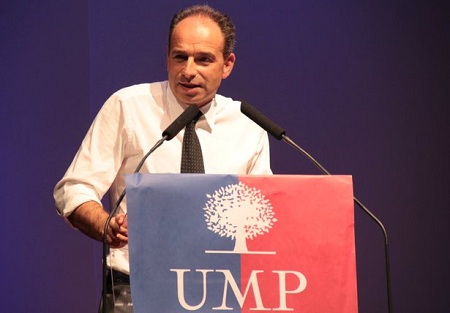After a tense Monday during which both candidates declared victory and accused the other of fraud, it appears that Jean-François Copé (pictured above) has emerged as the presumptive leader of the French right.![]()
With just a 98-vote margin, Copé won the election for general secretary of the center-right Union pour un mouvement populaire (UMP, Union for a popular movement) of former president Nicolas Sarkozy, after an election held among UMP members on November 18. Copé defeated former prime minister François Fillon by about 50.03% to 49.97%.
Although Copé has served as general secretary since 2010, this election has taken on significant importance as a proxy fight not only for the upper hand to win the UMP’s 2017 presidential nomination, but as a proxy fight for the future of the French right. Fillon, a cosmopolitan and relatively moderate figure, was viewed by the French public as more serious about government than Sarkozy, and it was Fillon who pushed through many of Sarkozy’s reforms as the head of his government. Fillon, generally speaking, is more popular among the French electorate than Copé.
So there’s good cause for the French right to be worried about Copé’s victory. Here are four reasons why. Continue reading Four reasons why Cope’s narrow Sunday win of France’s UMP leadership could be ruinous
